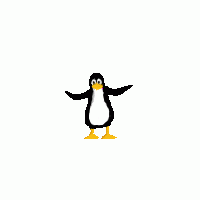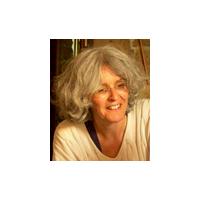讯息: 5
语言: English
JoyGerhardt (显示个人资料) 2005年2月13日上午2:20:13
Clarification on this would be very appreciated.

~Joy
pgurugp (显示个人资料) 2005年2月21日下午7:42:48
Pinguin (显示个人资料) 2005年2月22日下午2:59:04
lvh (显示个人资料) 2005年2月23日下午2:09:55
hejmen, is the adverb responding to the answer "where?" and "n" indicates direction of moving
hejmo, as noun (is that right?) should be used with "al" or "en" >>> al hejmo, en hejmon (in that cas you go to the house and keep on going into the house)
About the use of local adverbs (lokaj adverboj) have a look at "kursoj", "la tuta Esperanto", "leciono 10", "66":
En § 29 ni priparolis la adverbojn de maniero (bone, bele), kiuj respondas al la demando kiel? Nun temas pri tiaj adverboj, kiuj respondas al la demando kie? Al tiu kategorio apartenas ankaŭ la serio ie, tie, ĉie, nenie, kie.
Ekzemploj: KIE estas la vundita fajrobrigadisto? Li estas hejmE. SuprE sur la monto estas neĝo. La lernejo estas tute proksimE. InternE li tute ne estas tiel malbona kiel oni povus supozi laŭ lia aspekto. La infanoj ludas eksterE. La kato kuris antaŭE kaj la hundo malantaŭE. La banejo estas tuj apudE. SubE loĝas gesinjoroj Müller. TransE de la rivero estas la malnova urboparto. Multaj homoj staris ĉirkaŭE.
Kun la finaĵo -n tiuj ĉi adverboj indikas direkton (vd. § 48): KieN vi iras? Mi iras hejmeN. Ili veturis per lifto supreN al la kvara etaĝo. Ŝi iris kuraĝe antaŭeN.
Malofte precipe en poezio estas uzataj ankaŭ la formoj urbe (= en la urbo), urben (= en la urbon); arbare (= en la arbaro), arbaren (= en la arbaron); dome (= en la domo), domen (= en la domon); ene (= interne), ele (= ekstere), k.t.p.
Hope I could help you a bit,
ĝis,
Beatrice
JoyGerhardt (显示个人资料) 2005年2月23日下午10:48:38
~Joy



